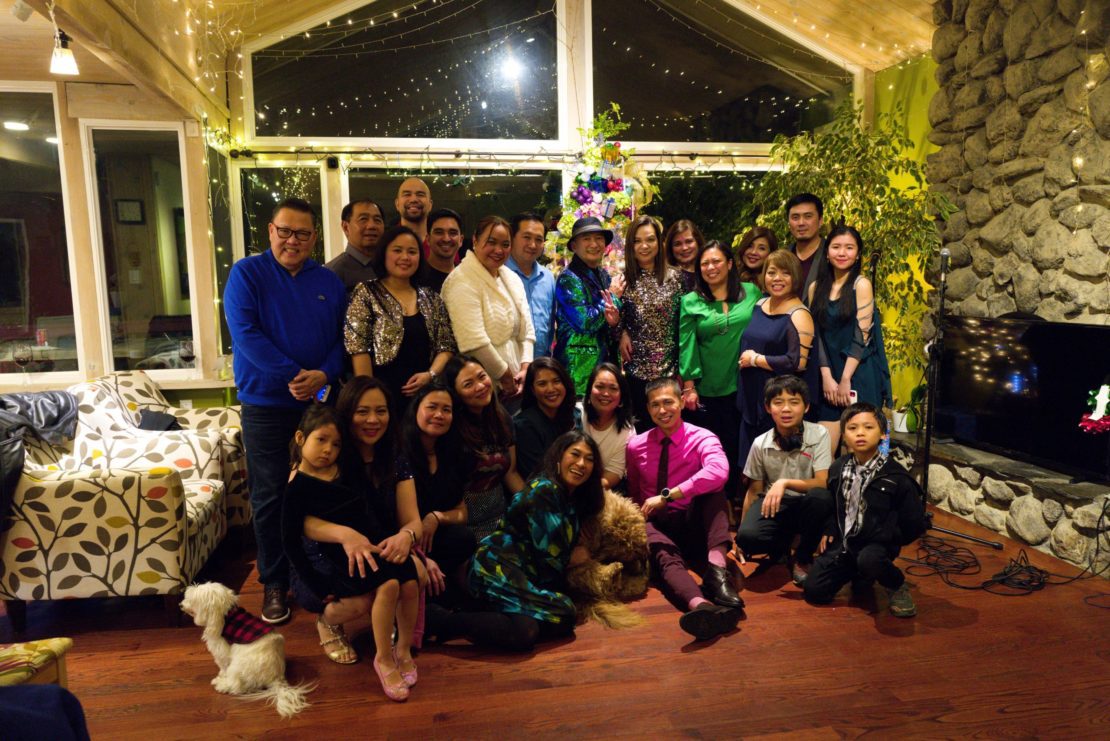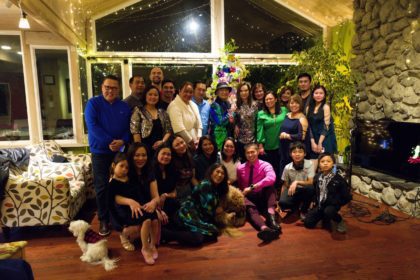The new citizenship civic and history test that was recently released and became effective to applicants who filed their naturalization application on December 1, 2020 is more complex and confusing than the prior test.
An applicant to pass must answer 12 questions out of 20. Previously, applicants had to answer only 6 out of 20 questions. Applicants who are 55 or 65 years old who have been green card holders for 20 or 15 years respectively will be able to take the shorter version of the test answering only a total of 10 questions.
The revised questions are phrased in such a way that the answers are not just one word responses like before. Questions require detailed and longer answers. There are more “whys” and “what” questions. For example, Question 15: Why are there three branches of government? In prior tests, you are asked to name the branches of government but now you have to explain why there are 3 branches of government. Question 49, it is asking “Why is the Electoral College important?”, Question #60, “What is the purpose of the 10th Amendment?”, Question 114, “Why did the U.S. enter the Vietnam War?”. There is even a question asking about the meaning of a Latin word, Question 124, “The nation’s first motto was ‘E Pluribus Unum’ what does that mean?”
According to USCIS Deputy Director for Policy Joseph Edlow. “Naturalization allows immigrants to become fully vested members of American society, with the same rights and responsibilities as citizens by birth, and offering a fair test, which prepares naturalization applicants for these responsibilities, is of utmost importance to our agency.”
The revised naturalization test questions are not even reflective of a fair test and do not seem to have any connection to their future responsibilities as U.S. citizens. Requiring an applicant to respond to complex questions is setting up the process for more delays or denials of naturalization applications. Having been released during the Trump administration, it seems to have been designed to discourage potential voters from applying to become U.S. citizens. With the coming new Biden administration, the test questions must be revisited by USCIS and make them truly fair and reasonable for future U.S. citizens.





